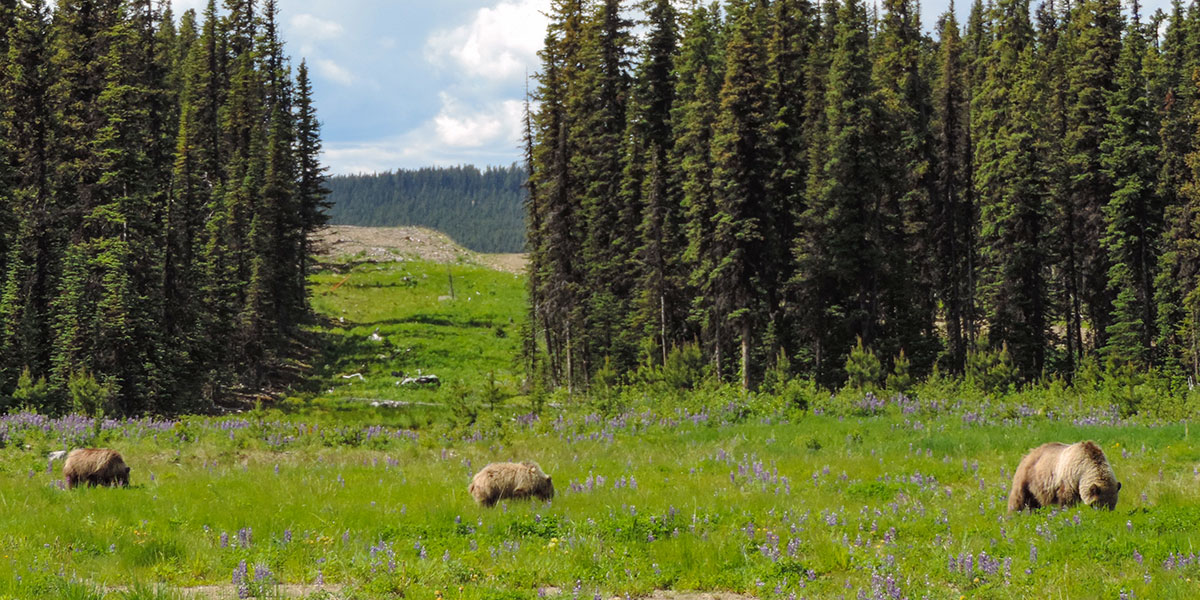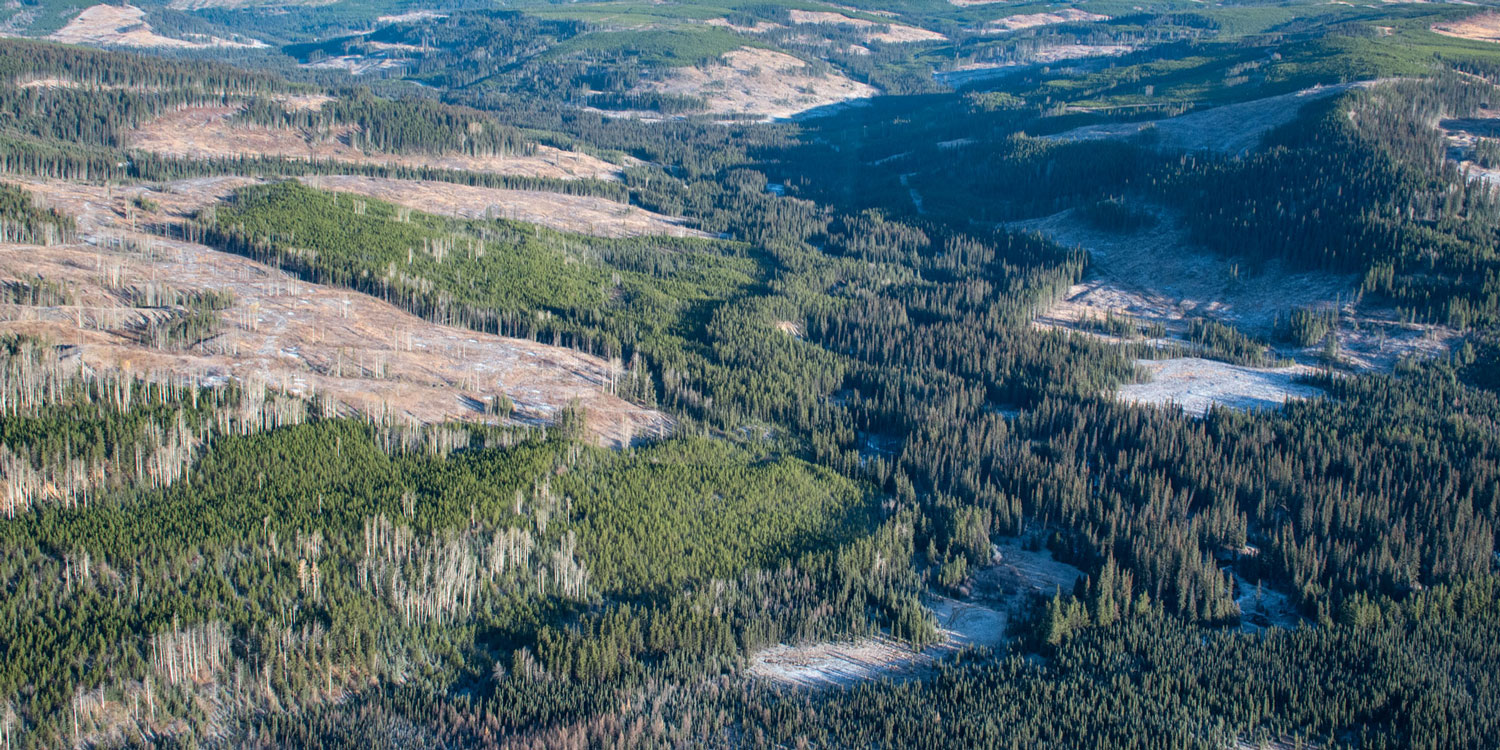
Abstract
Rural communities are increasingly vulnerable to the impacts of environmental change. A recent mountain pine beetle outbreak in western Canada is a prime example of socio-economic impacts from regional-scale disturbance driven by climate change and forest management policy. Resilience thinking holds promise for advancing the sustainability of rural communities, but its usefulness is hindered by its conceptual complexity, disciplinary divides, and a lack of practical frameworks that respond to real-world contexts. The research in this dissertation advances the integration and practical application of resilience through a structured comparison of key concepts and the development of a resilience typology and framework adapted to rural communities. The framework and typology provide a conceptual grounding for case study research with three Alberta communities facing the impacts of pine beetle epidemic. The findings highlight significant variation in the exposure, stability, and adaptive capacity between communities. Resilience is supported by community attributes including strong social cohesion, natural capital, and resourcefulness. However, the cumulative impacts of pine beetle and other identified stressors have the potential to drive some communities beyond thresholds of social and economic viability, resulting in downward spirals of human, economic, and cultural capital. To advance resilience, municipal and higher levels of governance need to address weaknesses in rural infrastructure and financial capital, contingency resources, economic autonomy from global market cycles, and capacity for managing through rapid change. There was concern that local complacency, resistance to change, and declines in volunteerism might limit community adaptive capacity in some instances. Cumulative impacts of resource extraction in the region, and unresolved tensions over economic, biodiversity, and cultural values may further limit options for responding effectively to events like pine beetle outbreak. Further recommendations for improving resilience include fostering capacity for managing change, and capacity for collaborative and adaptive governance and action across jurisdictional scales.
Find the full thesis here.
Citation
Friberg, Robert. 2022. “Taking Resilience from Concept to Practice : An Interdisciplinary Assessment of Rural Communities Facing Regional Environmental Change in Canadian Boreal Forests.” Electronic Theses and Dissertations (ETDs) 2008+. T, University of British Columbia. doi:http://dx.doi.org/10.14288/1.0413127.






